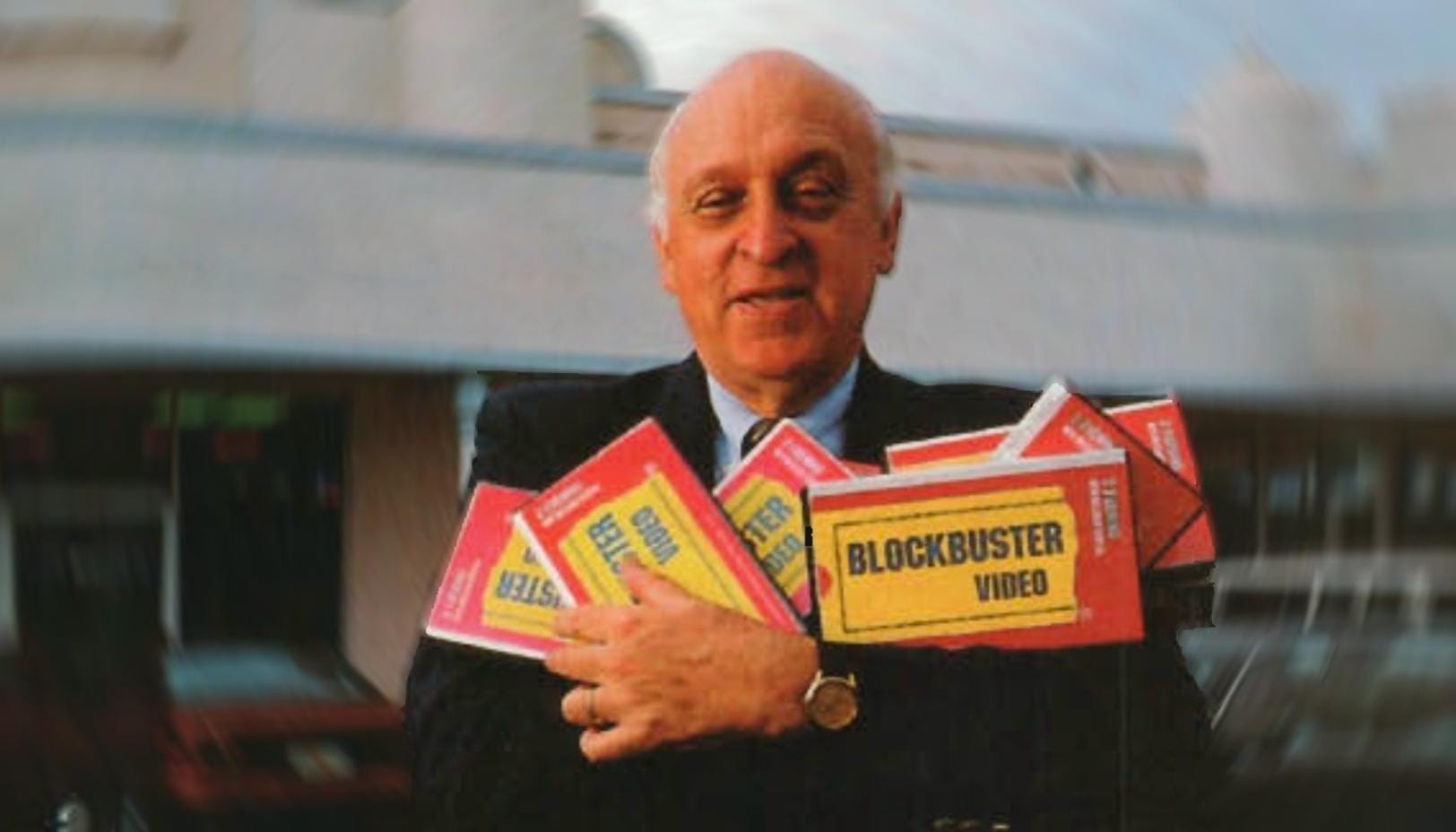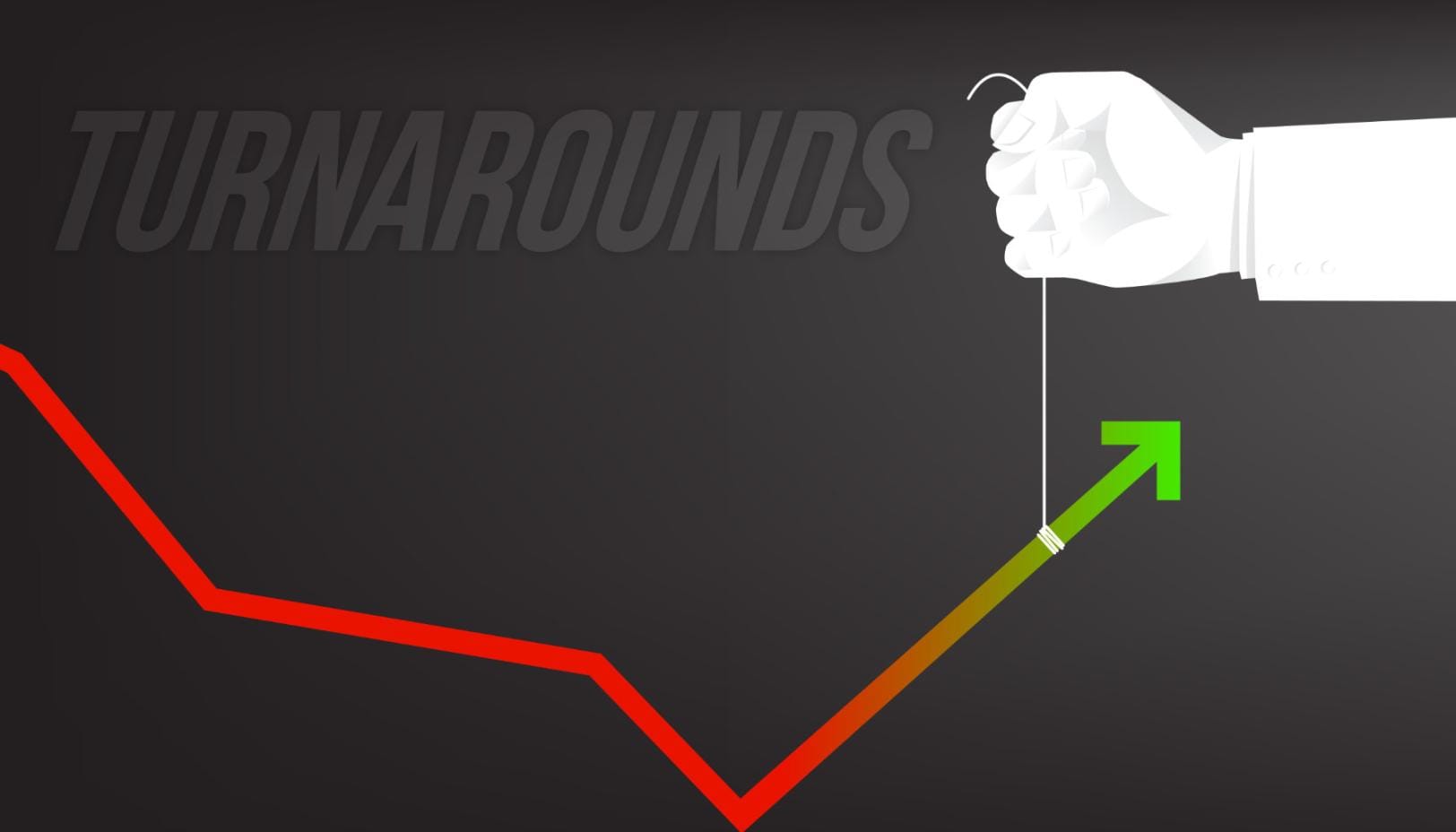
But We Are Long-Term Investors
It's often how you react (or don't) to the same situations that shows you how much you’ve grown.
"A man who wants to lead the orchestra must turn his back on the crowd." - —Max Lucado

When I was in college (1999-2003) I worked full time for a local stockbroker. He was a top producer and well known in the local area. During those years I witnessed an entire boom and bust cycle. In the office I was the person that answered any questions clients would have to save my boss the time, effort, and annoyance.
We had over 1,100 clients, and when the markets crashed I think I heard from all of them over a 6-month period of time. I witnessed sadness, anger, hopelessness, and despair. I would go to work, the markets would drop again, the phones would ring, I would get the sh!t kicked out of me, rinse-repeat. When I met with my old boss just last month he reminded me if I wasn’t there during that time period he would of quit. I was the first line of defense, a human punching bag.
This experience was probably the best education I would ever receive. First hand seeing how human emotion and the stock market are intertwined helped prepare me to be a better investor. What I witnessed during those couple of years saddened me, but I was also disgusted. It made me numb and since then I’ve always been able to distance my emotions from the markets.
“Individuals who cannot master their emotions are ill-suited to profit from the investment process.”—Benjamin Graham
The other unfortunate result of my experience above is I cannot stand holding investors hands while the market or a particular stock drops. I have no empathy. The market pulls back and a position is down 20-30% quickly and all of a sudden panic sets in and investors first inclination is to start questioning everything and anything and wanting their hands held. Even on our members forum you will rarely see me respond to investors posting out of emotion. I’m more apt to tell you to sell your entire position.
As an aside, just last week one of my positions was down 20%. A fund manager emailed me, “What is wrong with this stock, how low will it go?”
My response, “It’s going to zero, please sell!”
I know it may sound cold, but I don’t get paid to deal with other peoples emotions, just my own. Coincidentally, this is also why I could never manage other people’s money 🙂
It is very important to keep your emotions and the market separated. How many times have you painfully threw in the towel on a stock because it was dropping and the very next day it pops and moves back the other way. More than once right? That is because everyone else is feeling the same emotions you are and everyone is throwing in the towel right around the same time.
Or the opposite, investors are always attracted to stocks that are rising. You’ve been watching a stock go up for days, weeks, months. You knew you should have bought it when you first saw it. Finally you can’t take it anymore and you buy it. A couple weeks later you realize your purchase was basically the all time high on the stock as it starts to go lower.
It’s human nature when you lose money quickly you want to make it back twice as quick. You start looking at companies in industries you would never look at. You might even skip necessary due diligence steps or start relying on other people.
Believe it or not this can also happen after making a lot of money. You become over confident and invest in areas outside your area of expertise. In 2010, I was coming off two major winners. I was cocky and invested in a couple biotechs. You sort of have the mindset, “Well if I invest in it I’m sure it will be a fabulous investment!” A year and several hundred thousand dollars later, Mr. Market taught me a lesson.
“A man who wants to lead the orchestra must turn his back on the crowd.” —Max Lucado
Slow down, keep focused, and stick to your strategy. Don’t let market fluctuations or stock volatility unnerve you. Understand human emotions and irrationality and use it to your advantage. Invest in what you know and more importantly understand what you don’t know. Invest in great management not great products. A great management can turn absolutely nothing into something extraordinary. An ordinary management can turn something extraordinary into nothing. Invest in companies not in stocks. Control your emotions and you’ll instantly have an edge over 95% of investors.
===> Interact and learn with 250+ of the best microcap investors on the planet. [Join Us]
MicroCapClub is an exclusive forum for experienced microcap investors focused on microcap companies (sub $500m market cap) trading on United States, Canadian, European, and Australian markets. MicroCapClub was created to be a platform for experienced microcap investors to share and discuss stock ideas. Since 2011, our members have profiled 1000+ microcap companies. Investors can join our community by applying to become a member or subscribing to gain instant view only access. MicroCapClub’s mission is to foster the highest quality microcap investor Community, produce Educational content for investors, and promote better Leadership in the microcap arena. For more information, visit http://microcapclub.com and https://microcapclub.com/summit/
Get Alerted to our Next Educational Blog Post

It's often how you react (or don't) to the same situations that shows you how much you’ve grown.

"Call Charlie a lucky man for stumbling onto Cook Data Service, but luck didn't make him a millionaire."

You make the most money by having a 1–3-year variant view on a business and buying the stock before the business turns up, inflects, or accelerates.